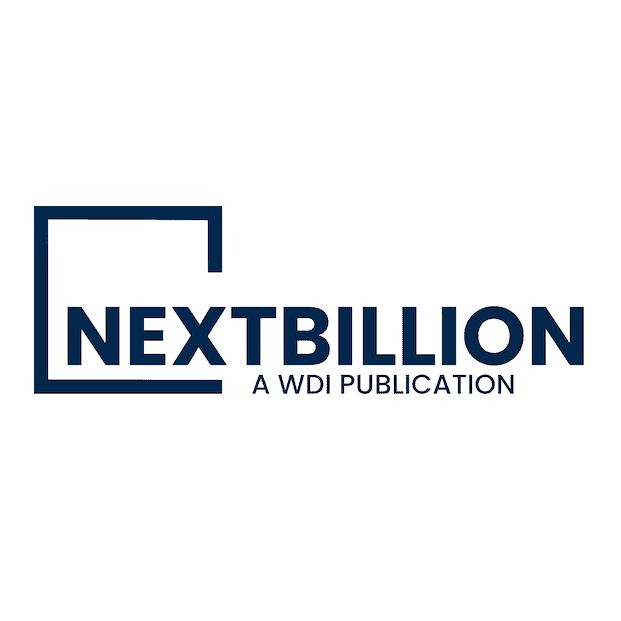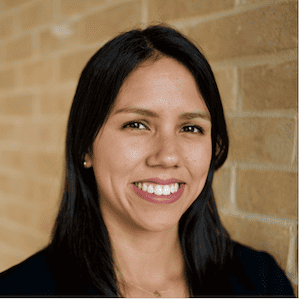-
Connected Power: Ensuring Africa is Not Left in the Dark — or Offline
Sub-Saharan Africa has both the highest energy access and digital connectivity gaps in the world. As Ravi Suchak at Helios Towers explains, this is due not to a lack of demand, but to fundamental infrastructure barriers: Telecom towers and mobile networks require a reliable power supply, which is often absent or prohibitively expensive in rural areas, and electricity providers need consistent demand to de-risk rural energy investments. He explores a solution that addresses both of these needs: "connected power," a development approach that aligns energy and telecom infrastructure by positioning telecom towers as anchor customers for electrification projects.
- Categories
- Energy, Technology, Telecommunications
-
Bringing Digital Transformation to the Water Sector: How New Technologies Can Boost Water Access in LMICs
Digital technologies have the potential to revolutionize the management and distribution of clean water in low- and middle-income countries (LMICs). But according to Ellie Gabel, an environmental science writer at Revolutionized, many countries don't have access to these technologies, or lack the capacity to implement them. She explores this challenge in the context of Kenya, and discusses five essential factors that may aid or hamper digital transformation in the water sector across LMICs.
- Categories
- Technology, WASH
-
It’s Time to Rethink Universal Health Coverage in Africa: Introducing ‘Access-as-a-Service’
As global health funding contracts, traditional brick-and-mortar healthcare delivery models are becoming financially and operationally unsustainable, in Africa and across low- and middle-income countries. Joanne Peter at Jhpiego and Rob Beyer at Villgro Africa argue that this raises the need for innovative new pathways toward universal health coverage. They propose one such approach, developed through their work at the HealthTech Hub Africa: "Access-as-a-Service," a model that combines in-person care options with first-line healthcare provided through digital channels.
- Categories
- Health Care, Technology
-
Being a Changemaker in an Era of Accelerating Change: A Q&A with Ashoka Founder and Social Entrepreneurship Pioneer Bill Drayton
NextBillion last interviewed Bill Drayton — the founder of Ashoka and a seminal figure in the social entrepreneurship movement — on the sidelines of SOCAP almost 10 years. Since that time, the sector (and the world around us) have experienced massive change, but one thing has remained consistent: Drayton’s focus on empowering changemakers around the world to transform their innovative ideas into lasting impact. Earlier this year, he was given the Skoll Foundation’s Global Treasure Award in recognition of his pioneering contributions to the field of social entrepreneurship: In this Q&A, he shares his thoughts on the sector as it enters a new era full of emerging challenges — and exciting opportunities.
- Categories
- Social Enterprise
-
Mobilizing More Capital for African SME Funds: New Research Reveals Persistent Market Constraints — And a Growing Focus on Innovation
Over the past decade, African SME fund managers have experienced remarkable growth, diversifying geographically, across asset classes and in fund structures. However, according to Marianne Vidal-Marin at Investisseurs & Partenaires (I&P) and Julia Kho at Triple Jump, SME investing remains challenging across the continent. They share insights from a new I&P report exploring the current SME fund investment landscape in Africa — the first in a series of NextBillion articles on what makes SME finance work across emerging markets, and in Africa in particular.
- Categories
- Investing
-
Bringing African Knowledge into the Probiotic Industry: The Untapped Goldmine in Nigeria’s Fermented Foods
As the health benefits of fermented, probiotic foods have become more widely known, they’ve driven a global surge of interest in foods like kimchi, miso and sauerkraut. But according to Oluwadara Alegbeleye, a microbiologist who researches food safety and sustainable food systems, Nigeria’s fermented foods have yet to transition from local staples to globally recognized probiotic solutions. She argues that this has cost Nigeria not only international recognition, but a valuable business opportunity, and explains how the country's fermented food market could evolve into a robust and viable industry.
- Categories
- Health Care
-
To Truly Innovate, WASH Funders Need to Get Their Hands Dirty: Key Learnings from Five Years of Pioneering Impact-Linked Finance in Water, Sanitation and Hygiene
The water, sanitation and hygiene (WASH) sector faces a funding gap of around US $138 billion per year if it hopes to reach SDG 6’s goal of universal WASH access by 2030. According to Arnaud Alt and Annemarie Mastenbroek at Aqua for All, and Christina Moehrle, to address this shortfall, funders need to develop more hands-on financing approaches, working closely with entrepreneurs and organizations to better understand their context, challenges and needs. They explain why Impact-Linked Finance (ILF) represents one such approach, and share two key lessons from Aqua for All's "ILF for WASH" program.
-
Africa Must Not Be a Spectator in its Own Economic Development: The Need for Pension-Backed Private Capital
Ghana’s startup ecosystem — like that of many African countries — is growing rapidly. But Amma Gyampo at Ghana Venture Capital and Private Equity Association points out that this growth is almost entirely funded by foreign capital. She argues that recent cuts in global development budgets have proven that over-reliance on foreign funding is not sustainable, and explains how tapping pension funds as a source of venture capital can provide a massive infusion of local funding into the continent's highest-growth businesses.
- Categories
- Investing, Technology










